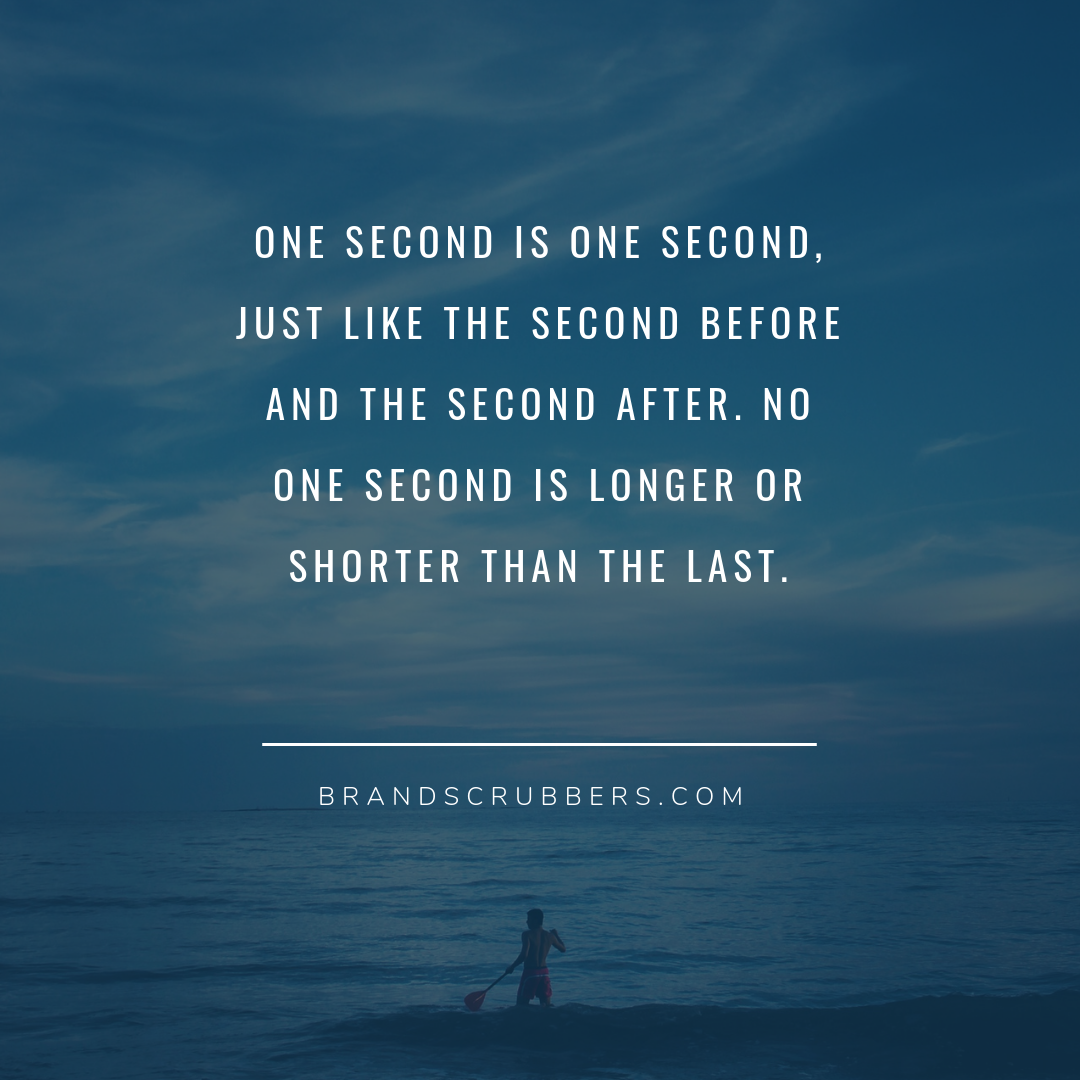
“I Don’t Have Enough Time (To Finish All of my Tasks)”
Is this something you catch yourself saying? Is your problem sincerely a lack of time or something else. I’m sure you know someone in your life who manages to get it all done without breaking a sweat. (Soccer Moms anyone?) Since we all get the same amount of time, feeling you don’t have enough isn’t a lack of time. Rather it’s a lack of task management and prioritization skills. You’re missing the elements needed to manage the tasks on your plate. Next time you catch yourself saying this, stop and look for inefficiencies in what you are doing. Evaluate, adjust your priorities, and ditch the BS. Stop working against the time you have.“I Don’t Have Enough Time (To Take on Extra Things)”
Feeling maxed out? Like you couldn’t possibly take more? Consider this; If an emergency came up and you had to drop that list and run, would the world end? Then you’ve proven yourself wrong. We’re humans, and in most cases, we can take more. We can endure a heck of a lot. Therefore when you say you don’t have time to take on any more, you’re really saying you’re overwhelmed. Overwhelm is a different creature altogether. It signals a resistance to growth and/or change. When you’re feeling overwhelmed, accept it, embrace it, and ride it out. Don’t slow down. Don’t give in. Adjust.
“I Don’t Have Enough Time (To Invest in That)”
What you have on your hands is a value dilemma, not a time dilemma. If you place value on an activity that is greater to or equal to that you put on your time, you’ll make the time to do it. Especially if feelings of want are involved. If you don’t see the value in an activity, you’re less likely to make the time to do it. We keep putting these things off because they make us feel uncomfortable or board. We add stress to our lives by blaming time, as if it was Time’s fault you didn’t want to do the laundry or finish that report. Other than tracking the hours of the day, chronicling each second into history, Time leads a rather simple life. S/He does need you blaming all of your faults on her/him. So when you run into a wall, and all you want to do is scream and shout, it’s best to evaluate your perception of worth. Weigh in more than just monetary value.
A Little Perspective Goes a Long Way
Time isn’t your enemy, nor is it something to blame or cajole. It isn’t against you or running away. Time is a unit of measurement and should stay that way. By digging deeper than superficial complaints like “ I Don’t Have Time”, you can begin to make changes.
Change your perception and your actions will follow. Not to mention, you’ll feel far less stressed when you’re not fighting Time. Put your efforts, and blame, where it belongs.
PS: Make sure to sign up for our email list below too, and I’ll send you the rest of this series as they drop!)
PPS: In case you missed them, here are the previous pieces in this series!
How To Reframe Failure: You Can’t Fail if you Don’t Quit.
How to Reframe Fear; Are You Scared or Just Unsure?
How to Reframe Success; It’s Not Them, It’s You


Recent Comments